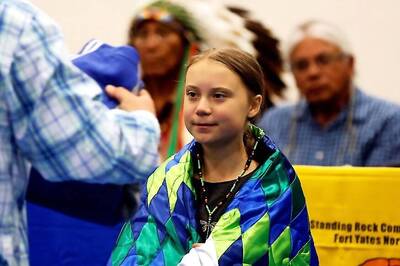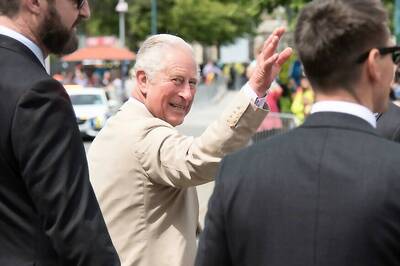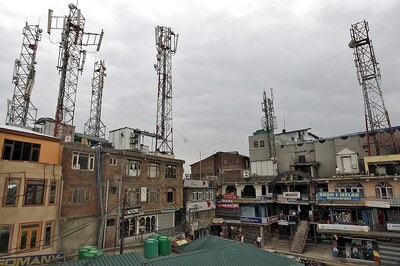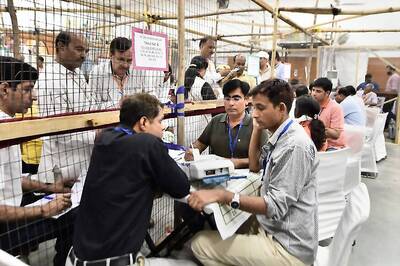
views
The 150th birth anniversary of Rabindranath Tagore, one of the greatest poets and authors who lived in India, was marked by the release of books written on him by the late K Chandrashekaran. A man of many talents, scholar Chandrashekaran is considered to be an authority on the Bengali bard. At the Music Academy recently, family members of Chandrashekaran released four of his books to mark the occasion. The four books - Culture and Creativity, Golden Harvest, Tagore: A Master Spirit, and Tagore and Indian Literature - have been published by The Samskrita Academy. Gopal Krishna Gandhi, former governor of West Bengal and chairman of Kalakshetra Foundation, released the first copy of the books, which was received by Leela Samson, Director, Kalakshetra Foundation. “Rabindranath Tagore has become a milestone. A single fast track between Bolpur and Shantiniketan has now become a national highway and something of a six-lane flyover. He has become means of almost locomotion, an expensive locomotion, at that,” said the former governor of West Bengal. Though Tagore’s birthday has been remembered with much adoration, Gandhi went on to say that Gurudev has not been spared negative attention from us. He explained, “I am talking about the censoring in our minds of the 'inconvenient' Rabindranath. We see him as the creator of the national anthems of two countries, as the author of the Gitanjali, as the only Indian to receive the Nobel Prize for literature. But do we see Tagore as someone who had strong differences with the Mahatma in many important issues? He disagreed completely with Gandhi on them and I must say, with great validity.” Before the book release function, Vaibhav Arekar, a dance artiste, interpreted Tagore’s Debotaar Grash with his audio-visual presentation. Later, Bharathanatyam dancer Priyadarshini Govind took on Tagore’s women, telling two different tales of love. The music for the dance was arranged by Rajkumar Bharathi. The composition had both - Rabindra Sangeet, and Carnatic music - trying to bridge the gap between the two cultures.




















Comments
0 comment